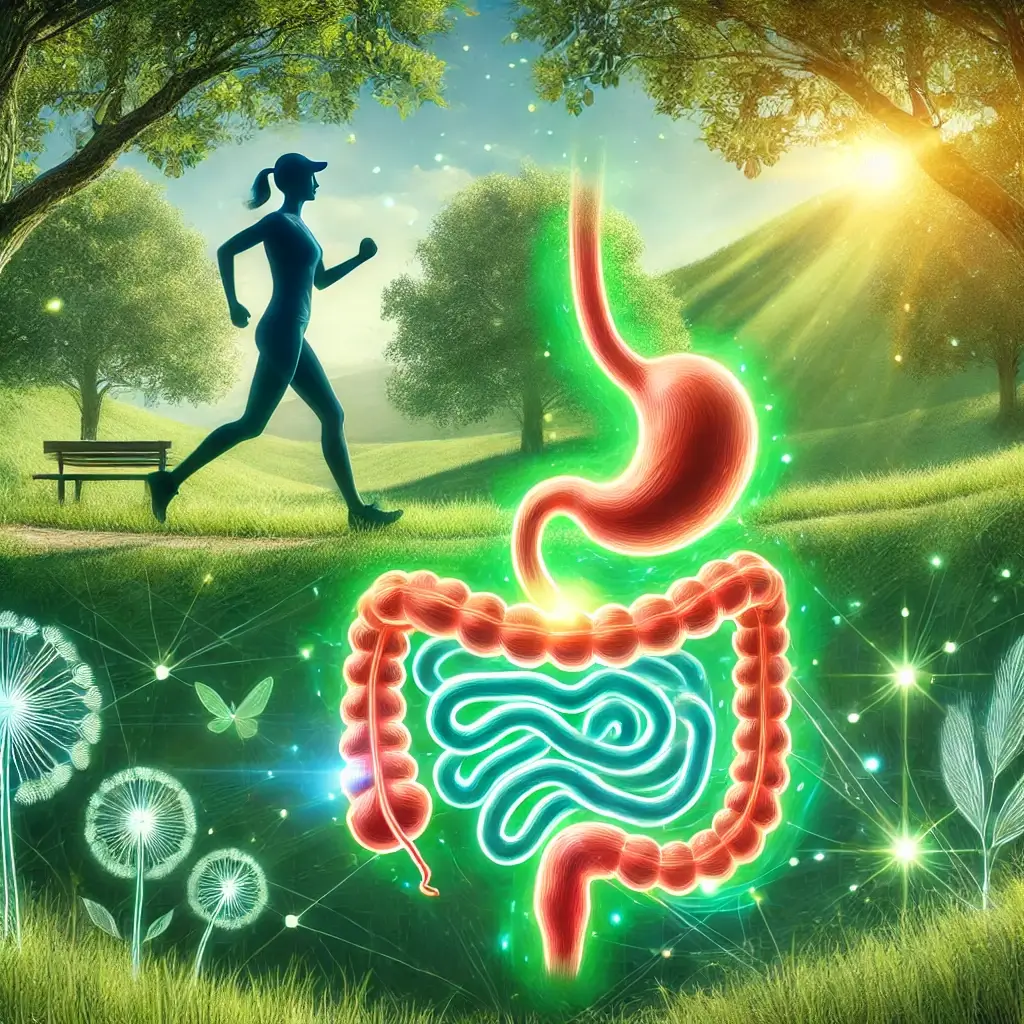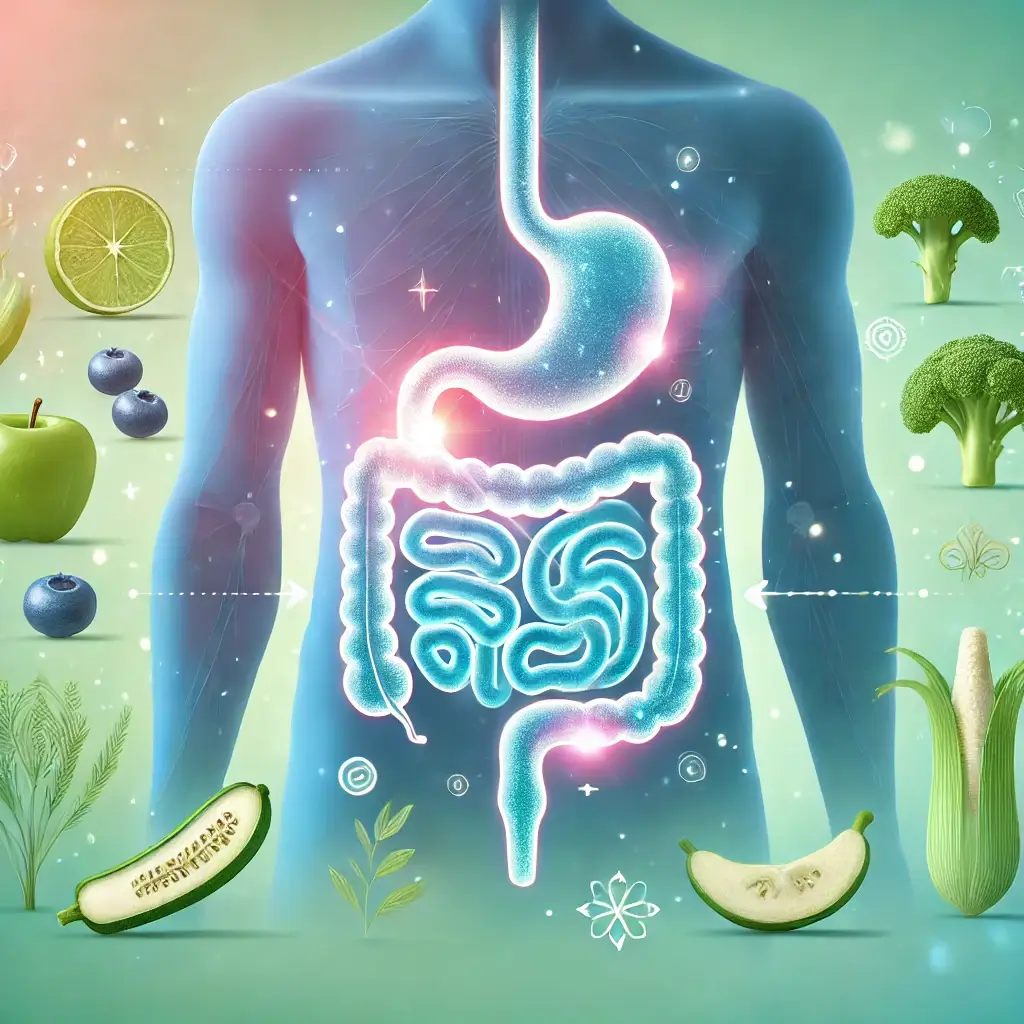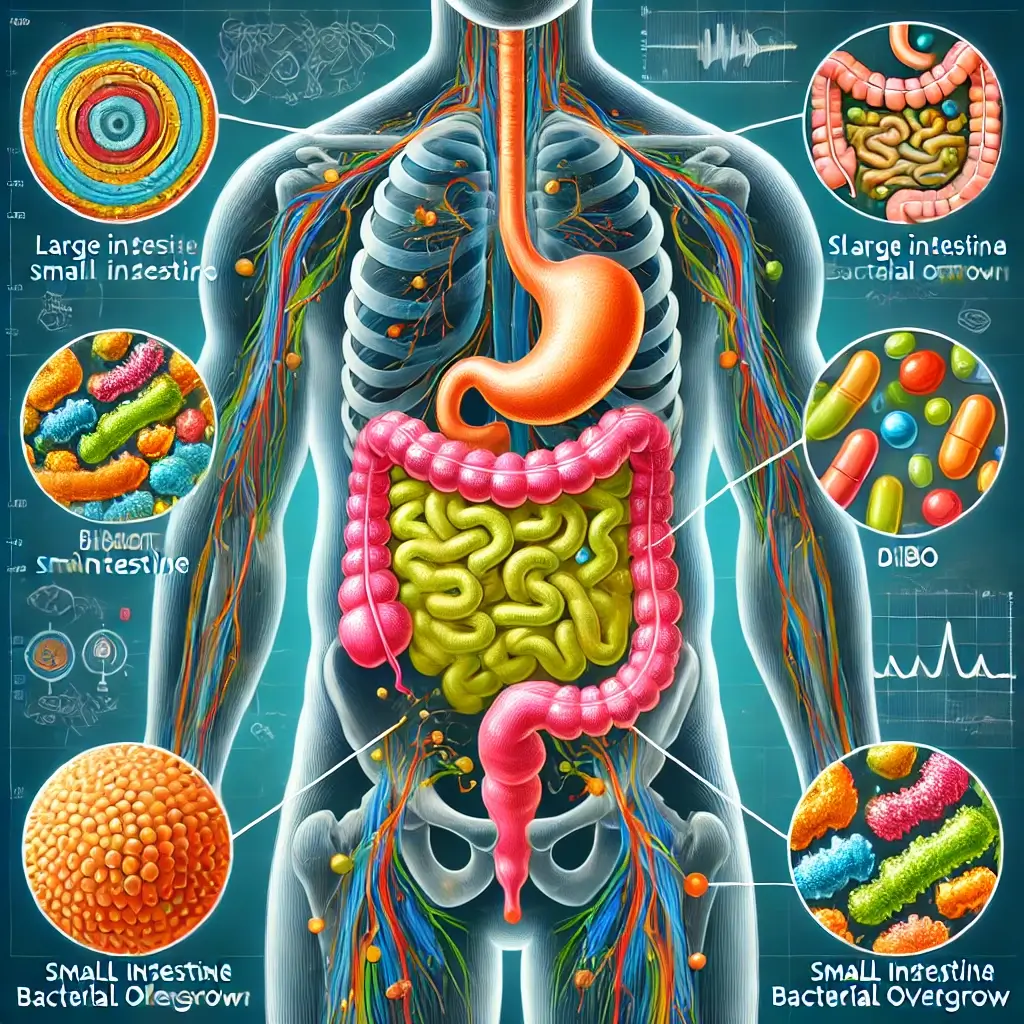Navigating Digestive Discomfort: A Comprehensive Pregnancy Wellness Approach
Digestive Changes During Pregnancy
Pregnancy is a remarkable period of growth and adaptation. As the body adjusts to nurture new life, changes in the digestive system often emerge as one of the most noticeable and challenging aspects. Common digestive complaints, including constipation during pregnancy, heartburn in pregnant women, and bloating, are experienced by many pregnant individuals. While these issues are typically considered routine, understanding their causes and learning to manage them effectively is essential for maintaining overall health and well-being.
Digestive health during pregnancy is particularly important, as it affects not only the mother’s comfort but also the baby’s development. Factors such as hormonal fluctuations, increased pressure on the digestive organs, and dietary changes contribute to the challenges faced by expectant mothers. This article examines the root causes of these issues, presents evidence-based strategies for managing them, and explores the critical role of gut health during pregnancy.
Understanding Common Digestive Issues: Constipation
Hormonal changes during pregnancy, particularly elevated levels of progesterone, can slow the movement of food through the digestive tract. This, combined with the physical pressure exerted by the growing uterus, leads to constipation in pregnant individuals in approximately 40% of cases.
A 2016 study in the International Journal of Women’s Health emphasized the effectiveness of dietary fiber for pregnancy constipation. The study found that pregnant women who consumed fiber-rich foods or supplements experienced improved bowel regularity and reduced symptoms. To prevent and manage constipation, experts recommend a diet rich in whole grains, fruits, and vegetables, complemented by adequate hydration.
Managing Heartburn and Acid Reflux During Pregnancy
Heartburn, a burning sensation in the chest caused by acid reflux, affects up to 80% of pregnant women. This issue arises from hormonal relaxation of the esophageal sphincter and physical pressure from the expanding uterus.
A 2018 review in Women’s Health highlighted the benefits of lifestyle modifications for managing heartburn. These include consuming smaller, more frequent meals, avoiding trigger foods such as caffeine and acidic foods, and sleeping with the upper body elevated. While over-the-counter antacids are often considered safe, consulting a healthcare provider before using them is recommended.
Understanding Bloating in Pregnancy
Bloating, characterized by feelings of fullness and gas, is another common digestive complaint during pregnancy. Hormonal changes affecting digestion, while the growing uterus compresses the intestines, contributing to discomfort.
A 2020 study in Nutrients explored the role of probiotics for pregnancy bloating. Probiotics were shown to improve gut microbial balance and alleviate symptoms of gastrointestinal discomfort. Including probiotic-rich foods such as yogurt, kimchi, and kefir in the diet may help manage bloating naturally.
The Importance of a Healthy Gut Microbiome
The gut microbiome, a diverse community of microorganisms in the digestive tract, plays a vital role in both maternal and fetal health. Research has linked a balanced microbiome during pregnancy to improved digestion, stronger immune function, and better nutrient absorption. During pregnancy, a healthy microbiome may also contribute to the baby’s brain development and immune system maturation.
Understanding Prebiotics and Probiotics
Prebiotics, found in foods like garlic, asparagus, and bananas, feed beneficial gut bacteria, while probiotics for pregnancy digestive health introduce healthy bacteria into the gut. Together, they enhance digestive health and microbial diversity. For safety and efficacy, consult a healthcare provider before starting prebiotic or probiotic supplements.
Optimal Dietary Choices for Pregnancy
A diet for pregnancy digestive health rich in fiber, whole grains, fruits, and vegetables not only prevents constipation but also supports gut health. Foods such as oats, lentils, and leafy greens are particularly beneficial for promoting digestive regularity.
The Role of Hydration and Exercise
Hydration during pregnancy is critical for digestive health, helping to soften stool and prevent constipation. Pregnant individuals should aim to drink at least 8–10 glasses of water daily. Moderate exercise, such as walking or prenatal yoga, can also stimulate digestion and reduce bloating.
Managing Stress During Pregnancy
Stress has a profound impact on digestion, often exacerbating symptoms like heartburn and bloating. Relaxation techniques for pregnancy such as deep breathing, meditation, and prenatal yoga can help manage stress and support overall well-being.
Conclusion: Supporting Digestive Wellness
Pregnancy is a journey filled with profound changes and challenges, but understanding and managing digestive health can significantly enhance the experience. By adopting evidence-based strategies for pregnancy digestive health, including dietary adjustments, hydration, and stress management, expectant mothers can alleviate common digestive discomforts and promote overall health.
The importance of maintaining a healthy gut microbiome cannot be overstated, as it supports not only the mother’s well-being but also the baby’s development. Always seek guidance from healthcare providers to tailor strategies to individual needs and circumstances. With the right approach, managing digestive health can become an empowering aspect of the pregnancy journey.
References
Feiz-Allah, M. R., Al-Ghonien, M., & Bazzi, S. (2016). Effect of fiber supplementation on constipation in pregnant women: a randomized controlled trial. International Journal of Women’s Health, 8(8), 692-698. PubMed
Lacy, B. E., Kaufman, D., Levine, S. D., et al. (2018). Lifestyle modifications for managing heartburn in pregnancy. Women’s Health.
Nutrients Editorial Team. (2020). The role of probiotics in gastrointestinal health during pregnancy. Nutrients.













